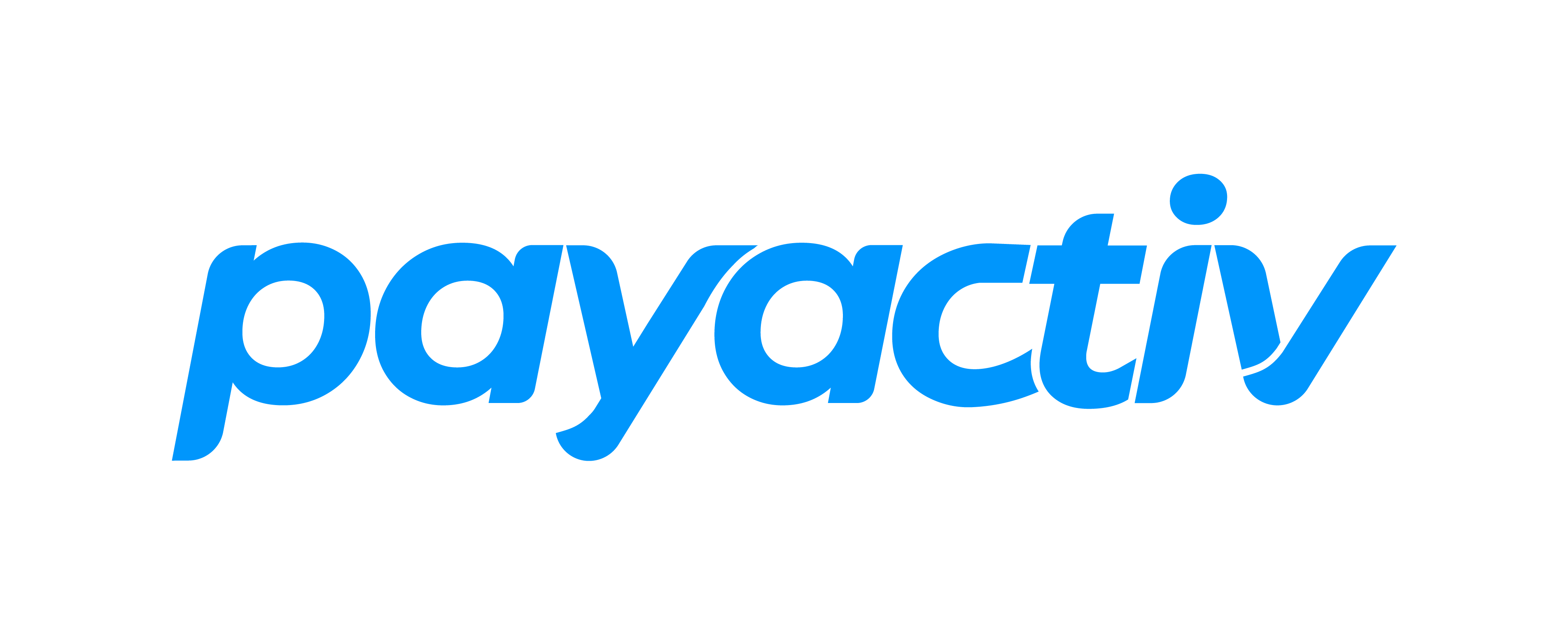Growing up, you may have been told to save money for a rainy day. If there’s anything society has learned over the past few years is that a rainy day, or even a prolonged storm, can come at any point.
According to Statistics Canada, 26% of Canadians cannot cover a $500 or more unexpected expense, meaning that one in four Canadians would likely have to go into debt to pay for an emergency. That is why building an emergency fund and planning for the future is so important.
What’s an Emergency Fund?
An emergency fund is, as the name implies, an account where you keep some funds to help you cover any surprise expenses that pop up. This is money that you have set aside, just in case. Some people refer to this as saving for a rainy day, while others label it as a bailout fund.
According to the Canadian government, there are two ideal goals for funding your emergency savings:
- Save up to three to six months’ worth of regular expenses.
- Save up to three to six months of income.
Both of these options work, and the goal should be to start saving to prepare for a possible job loss or any other emergency scenario that could arise. Don’t feel intimidated if you don’t have an emergency fund—-you can start building one with your next cheque from work.
How to Build Your Emergency Fund
While saving money for emergencies isn’t the most exciting idea, you’ll be grateful that you did. Saving for future expenses might feel daunting, but the good news is that you don’t have to build up this fund at once. You can slowly add to your emergency fund until you’re comfortable with the amount.
You can even go to your employer’s payroll department or bank to ask for money automatically deducted from your paycheque. Once deducted, you can send this money into an easy-to-access, high-interest savings account. You probably shouldn’t invest this money or put it into your TFSA because you want it to be accessible when you need it.
When Should You Use Your Emergency Fund?
Sometimes, it can be challenging to determine what constitutes an emergency. Here are a few examples of situations where you may have to use your emergency fund:
- The brakes on your vehicle need replacing. Since you drive to work, you will want the repairs done promptly.
- You lose your job and must pay rent as you search for new work.
- Your pet gets ill and needs surgery. You don’t have insurance, or it might only cover a portion of the procedure.
It may be beneficial to outline a few possible emergency scenarios in advance. That way, you have some parameters for what constitutes an emergency and what doesn’t.
The Final Word on Emergency Funds
While saving up and preparing for the worst-case scenario is great, there’s always the chance that you may have a minor situation—though not an emergency—that still requires some financial resources. You can use Payactiv to tap into your earned wages* so that you don’t have to pull from your emergency stash to cover a surprise expense. Payactiv allows you to access the money you’ve already earned at work before your next payday, giving you a financial buffer.
